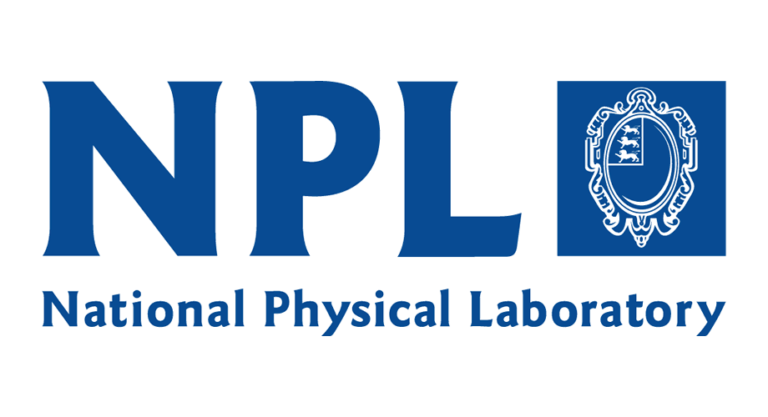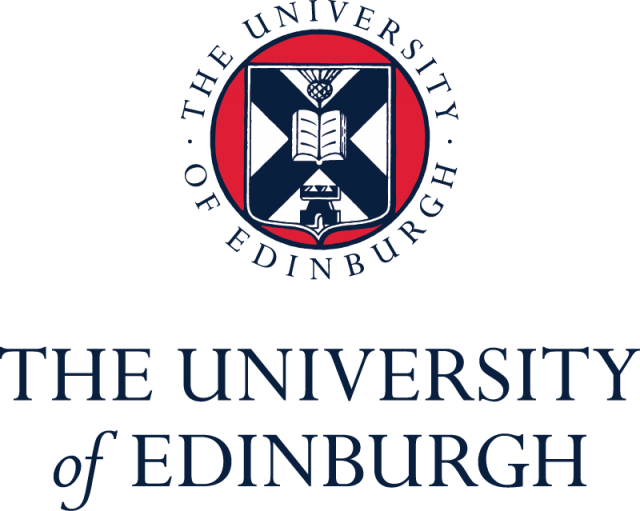Programme FAQs
Find the answers to commonly-asked questions about our programme here.
Entry is typically in September each year, although flexible entry points throughout the year are also available.
How long is the programme?
The programme is 4 years including the taught course elements. All students are expected to submit their thesis by the end of this period.
What courses will I study?
The majority of our students follow a standard path of taught courses, however alternative courses are available to those whose master’s courses covered year one course topics. You can view our typical course route in the programme section.
Postgraduate university accommodation will be offered to those attending courses at the Universities of St Andrews, Glasgow and Strathclyde for the duration of the taught course programme at each university.
Typically EngD Students are embedded within their sponsor company from June in their first year.
PhD students are based at their degree-awarding institution.
Your degree will be awarded by the institution where your academic supervisor is based. It will be from one our five partners, either the University of St Andrews, Dundee, Glasgow, Strathclyde or Heriot-Watt University.
Graduates of our programme have excellent employment prospects, with a substantial number of our Research Engineers being offered employment with their host company. There is no obligation from the host company to offer employment at the end of the programme, or for graduates to accept employment with their host company.
We don’t want the structure of our programme to be a barrier to anyone wanting to apply. We understand that for some applicants the residential aspect of the first year can pose a barrier, for example for those with additional needs or caring responsibilities. We offer tailor made flexible study packages. Please contact us to discuss flexible study options and additional support.
The programme is not available to non-EU nationals. This is because of the way our programme is structured with students spending the majority of their time based in industry rather than being based in a university. We are unable to apply to UK Visas and Immigration for visas for overseas students because the structure of our programme does not comply with their regulations.
You would be required to be based at the sponsoring company and to attend the University as necessary to meet with your academic supervisors and to take taught postgraduate modules. Distance learning options are available for some of the residential courses.
You will also be expected to undertake some self-study outside of your normal hours of work in order to complete your taught modules.
You will be classed as a full-time research student of your university institution, based in industry and not be employee of your sponsor company.
The CDT in Applied Photonics is committed to its EU students, staff and research partners. We want to reassure European applicants for the September 2019/20 intake to our programme that there has so far been no change to the funding of our programme and we will continue to support our EU students for the duration of their study. If you have any concerns, please contact the CDT office.
The Scottish government has confirmed that EU citizens who study a Further or Higher Education course in Scotland in the 2020/21 academic year will be charged the same tuition fees and will get the same fee support as Scottish students for the entirety of their courses. This offer of tuition fee support will stand even if current legal obligations to EU students cease to apply when the UK exits the EU.
Can’t find what you are looking for? Get in touch with us for any other questions you might have.









